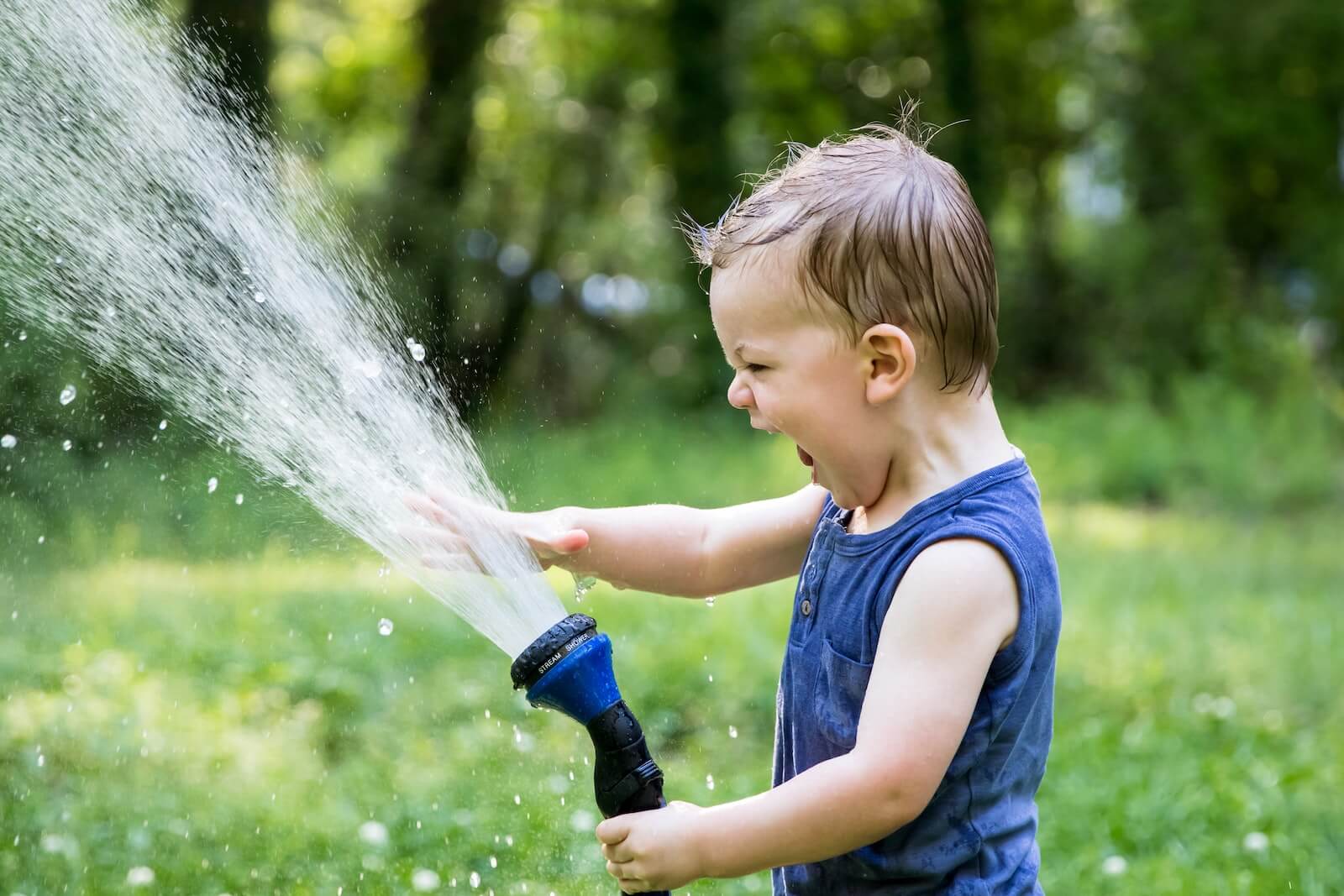Typically, unhealthy environments affect kids more than adults. They are still growing, with greater exposure to air, food, and water relative to their weight. They will have more years of exposure to climate change than people who have already grown up. Today’s children are the people who will have to create ever-more-effective solutions to these problems in the future.
Adults have a responsibility to teach children the scope and consequences of climate change while we try to limit its impact on their health. Kids are experiencing increasingly destructive disasters fueled by climate change, like hurricanes and wildfires. It can be disheartening, frightening, and overwhelming. So, what should kids learn about climate change that is developmentally appropriate and action-oriented while also instilling hope?
Young children (ages 1-5 years)
Parents can watch their child’s delight as they show them the joys of nature. Take nature walks. Talk about the weather and changing seasons. Teach them about birds, wild animals, and their habitats. Talk about the need for healthy air for both plants and creatures.
Gardening is also fascinating for kids. Buy seeds for a garden or herbs to plant in kitchen boxes.

School-age children (ages 6-12 years)
Parents and educators can ask kids about what they already know. They can do research together to fill in the gaps. Use simple scientific terms. NASA has online resources to help parents go through each aspect of climate change.
Discuss how personal choices can affect the environment. Calculate your family’s carbon footprint together and ask children for their suggestions on lessening it. Try walking, biking, taking public transit, or carpooling instead of driving with just one or two people in a car. Eat a more plant-forward diet. Parents can impress on their kids that they have the power to protect the environment and that the choices people make can help make the planet healthier.
Teenagers (ages 13-18 years)
Teens are aware that climate issues influence their lives. That means adults can now discuss how climate change affects our economy and culture. Parents and educators can choose a recent or ongoing event and discuss how climate change may have influenced the event and its economic consequences.
Talk about climate change causing more severe and prolonged destructive weather events and wildfires, resulting in the loss of homes and businesses. Discuss how it causes air pollution, forcing people indoors. Consider the mental health effects on families. Explore how climate change does not affect everyone equally and the ways some communities experience more health risks.
Studies show that people with lower incomes and minorities tend to live closer to sources of pollution, such as power plants and factories. Parents and educators can discuss the topic of having equal access to clean air and water.
For those who feel strongly that young people need to take action when it comes to climate change, encourage teens to brainstorm solutions and ways to express their ideas. Examples they may consider include:
- Educate peers about the need for climate change solutions.
- Form a club at school with other interested classmates. Brainstorm how to help the community.
- Write for newspapers about why teens care about the climate.
- Join a national youth advocacy organization for more inspiration.
- Work together to make changes at home, using your teen’s ideas.
Adults should also pace these discussions to help prevent stress and anxiety.
Children should focus on solutions
When adults talk with children about climate change, the focus should always be on solutions. There are ways to take climate action right now, with immediate health benefits. Even if the climate crisis is worsening, stress that together we can reduce our carbon footprint and clean up our air and water.
Parents can also talk with their pediatrician or family medicine physician if they have questions about how climate change can affect a child’s health. Your regional Pediatric Environmental Health Specialty Unit (PEHSU) has staff to talk with parents about the effects of environmental toxins.

